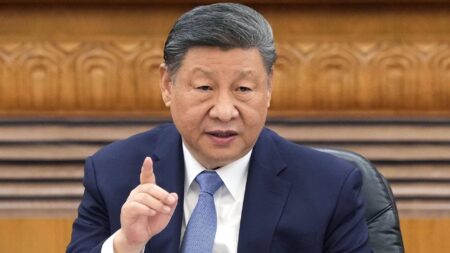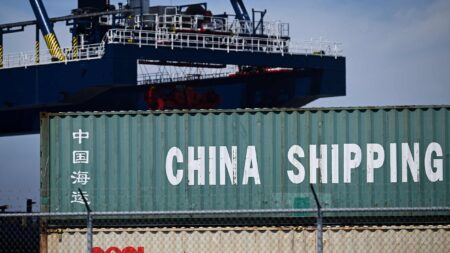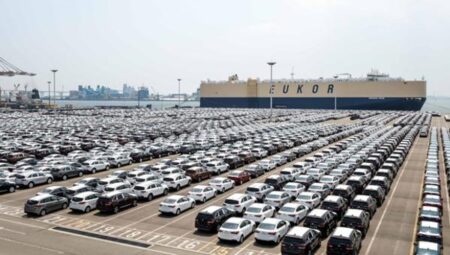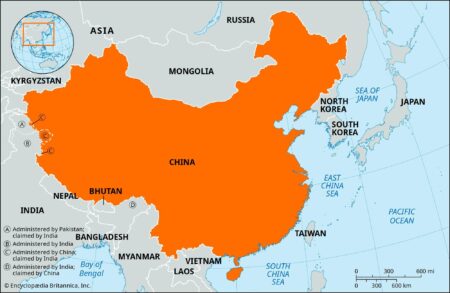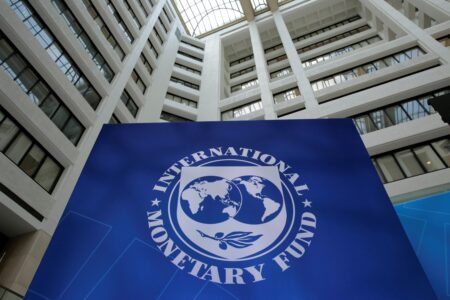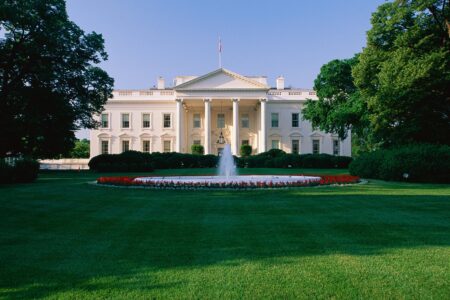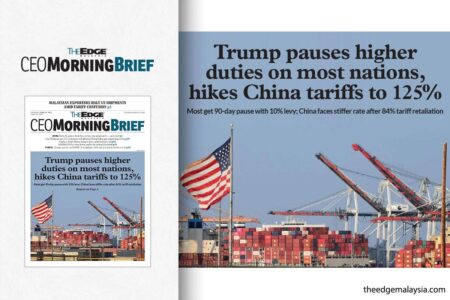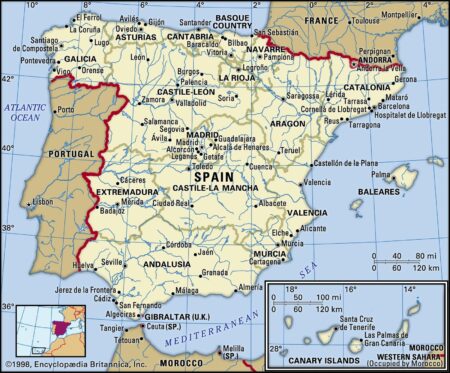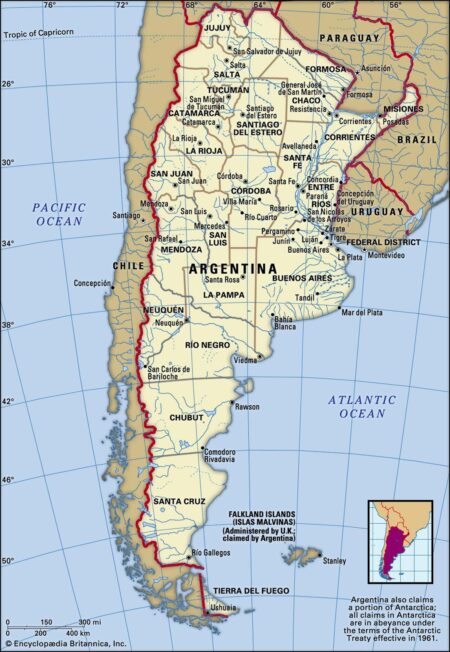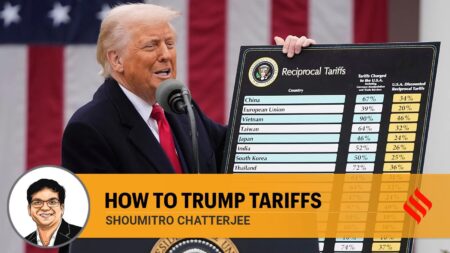In a recent statement, a Chinese official condemned U.S. tariffs on Hong Kong, asserting they are intended to undermine the region’s economic vitality. The official emphasized that these measures threaten Hong Kong’s autonomy and prosperity amid ongoing tensions between the two powers.
Browsing: global economy
Argentina’s recent IMF deal marks a critical financial maneuver aimed at stabilizing its economy. Negotiations involved stringent fiscal reforms and commitments to reduce inflation, showcasing the government’s resolve to navigate ongoing economic challenges.
Japan is set to challenge former President Trump’s approach to international alliances as he weighs new trade deals. With negotiations underway, this engagement will serve as a litmus test for his willingness to collaborate with traditional allies.
Japan has no intention of leveraging U.S. Treasurys amid ongoing tariff discussions, reaffirming its commitment to stable financial markets. Officials emphasize the importance of cooperative trade relations while navigating complex economic challenges.
As tensions escalate in the trade war, China is strategically recalibrating its economic policies in response to increased pressure from the Trump administration. Beijing is focusing on strengthening domestic markets while seeking new trade partnerships to mitigate potential impacts.
Chinese President Xi Jinping embarks on an aggressive diplomatic tour across Asia, seeking to bolster trade relations amid an ongoing tariff war with the United States. His efforts aim to strengthen alliances and mitigate economic impacts from the escalating conflict.
Spain’s Prime Minister Pedro Sánchez is seeking to strengthen trade relations with China as uncertainties surrounding U.S. tariffs continue. This move aims to diversify Spain’s economic partnerships and enhance its position in the global market.
China has urged the United States to “correct its mistakes” by eliminating reciprocal tariffs that have strained trade relations. This call reflects ongoing tensions as both countries seek to navigate economic challenges amidst a complex global landscape.
Japan faces a potential loss of $17 billion in car exports if the United States implements proposed tariffs, according to the UN trade agency. This move could significantly impact Japan’s automobile industry, which is a vital part of its economy.
The Chinese Embassy in India has urged both nations to unite against U.S. tariffs, emphasizing the need for collaboration in facing economic challenges. This call for solidarity comes amidst escalating trade tensions between the U.S. and China.
The International Monetary Fund (IMF) has confirmed a preliminary agreement with Argentina for a $20 billion loan aimed at stabilizing the country’s economy. This funding is expected to bolster Argentina’s financial situation amid ongoing challenges.
In the latest edition of CNBC’s Inside India newsletter, analysts explore India’s strategic leverage in trade negotiations with the U.S. Amidst shifting global dynamics, India’s economic potential and market access could significantly influence outcomes.
Japan has urged the United States to eliminate reciprocal tariffs, labeling them as regrettable. This request comes amid ongoing trade discussions aimed at strengthening bilateral economic ties and addressing trade imbalances.
In a bid to mitigate escalating tensions in the ongoing trade war, the White House is reportedly urging Chinese President Xi Jinping to reach out to former President Donald Trump. The call aims to explore potential solutions as tariffs and trade barriers intensify.
China has retaliated against President Trump’s latest tariff hike by imposing duties of up to 125% on a range of U.S. goods. This escalation in trade tensions signals a deepening rift between the two economic giants, impacting global markets.
A recent map reveals the extent of gold reserves stored by various countries in the United States, highlighting Germany’s consideration of repatriating its gold. As global economic concerns rise, this move sparks debate on the security and accessibility of national assets.
Spain’s Prime Minister embarked on a diplomatic mission to China, aiming to bolster economic ties with the nation recently targeted by former President Trump’s tariffs. This visit underscores Spain’s strategic efforts to enhance trade relations in a shifting global landscape.
Argentina has secured a $20 billion deal with the International Monetary Fund (IMF) to support President Javier Milei’s ambitious economic reforms. The agreement aims to stabilize the nation’s economy amid ongoing inflation and fiscal challenges.
A steep decline in oil prices poses a significant challenge for Russia, jeopardizing its extensive funding for the ongoing war in Ukraine. As revenues dip, analysts warn that Moscow may face increased pressure to scale back military operations.
German chancellor-designate Friedrich Merz emphasized the advantages of EU unity in response to shifting Trump tariffs. He highlighted that a coordinated stance among member states can better protect their economies against external pressures.





